Treating Glandular fever.
Glandular fever is primarily caused by the Epstein-Barr virus (EBV). This condition often leads to symptoms such as fatigue, sore throat, fever, and swollen lymph nodes. Recent research has explored the potential benefits of intravenous (IV) therapies, particularly high-dose vitamin C and glutathione, in managing and alleviating these symptoms.
A study published in the National Library of Medicine investigated the effects of high-dose IV vitamin C on EBV infection. The researchers administered vitamin C infusions ranging from 7.5 to 50 grams to patients with elevated EBV antibody levels. The findings indicated that this therapy positively influenced disease duration and led to a reduction in viral antibody levels. Specifically, an inverse correlation was observed between plasma vitamin C levels and EBV VCA IgM antibodies, suggesting that higher vitamin C concentrations were associated with lower antigen levels during the acute phase of the disease.
These results are consistent with in vitro observations where millimolar levels of ascorbate hinder viral infection and replication. The study concluded that high-dose IV vitamin C therapy might be beneficial in reducing the severity and duration of EBV-related illnesses.
Glutathione, a potent intracellular antioxidant, plays a crucial role in maintaining cellular redox balance and supporting immune function. Research has shown that EBV-infected cells upregulate the expression of the glutamate transporter EAAT3, facilitating increased glutamate uptake. This adaptation enhances intracellular glutathione levels, helping infected cells combat virus-induced oxidative stress.
While direct clinical studies on intravenous glutathione therapy for EBV are limited, the understanding of glutathione's role in viral infections suggests potential therapeutic benefits. Supporting the body's antioxidant defenses through glutathione supplementation may aid in managing oxidative stress associated with EBV infections.
High-dose vitamin C infusions are generally well-tolerated but may not be suitable for everyone. For instance, individuals with glucose-6-phosphate dehydrogenase (G6PD) deficiency should exercise caution.
Similarly, while glutathione supplementation is considered safe for most individuals, it's crucial to discuss potential interactions and contraindications with your healthcare provider.
Emerging evidence suggests that intravenous therapies involving high-dose vitamin C and potentially glutathione may offer benefits in managing glandular fever caused by EBV. These treatments could reduce disease duration, alleviate symptoms, and support the body's antioxidant defences.
Reference:https://pmc.ncbi.nlm.nih.gov/articles/PMC4015650/ 